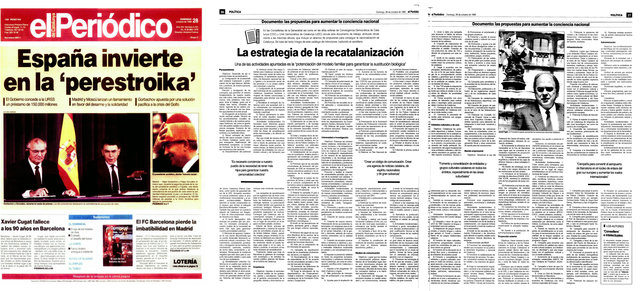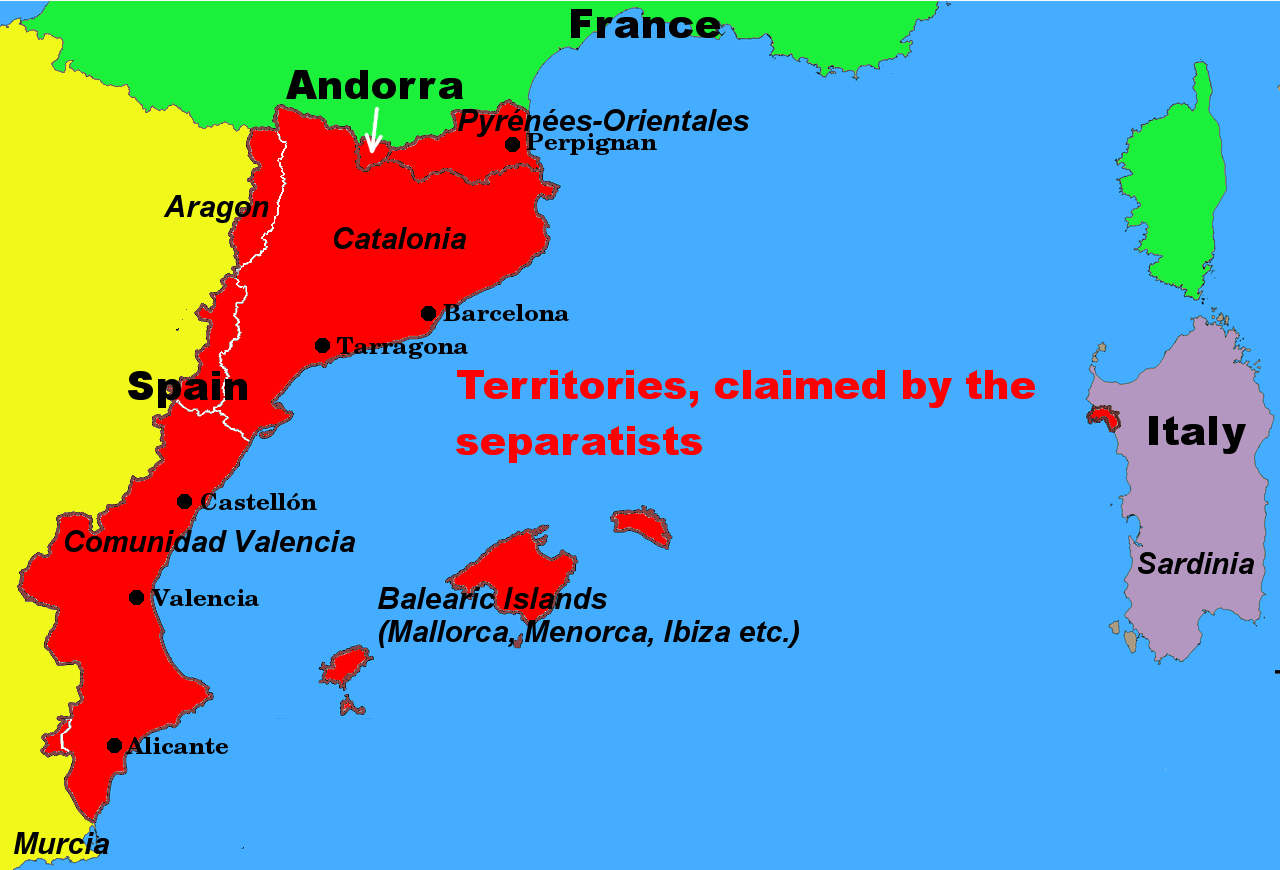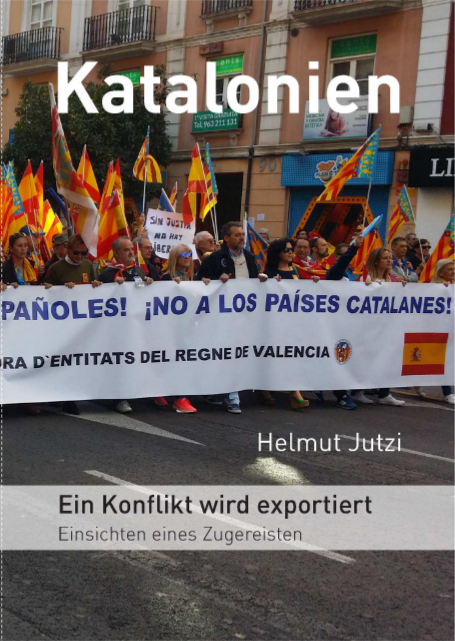Questionnaire to the political parties participating in the municipal elections of 2019 in Jàvea
The answer from Podemos
Bernhard Feiner, chairman of Podemos in Jávea thankfully gave the answers directly in German so we only had to translate it into English
1) What is your opinion of the Spanish constitution? Do you think there are points to improve? What improvements do you propose?
|
|
|
|
|
|
Obviously there is no obligation to know Valenciano. The last decrees of the Valencian government have decided that the children of the stage of infantil [3] must receive the education in Valenciano with a percentage of 65% and the decree wants to extend this obligation. What are you doing to help the parents so that they can decide on the choice of the language of the education of their children? When parents do not feel represented by the school council of which the townhall also forms part, do you think that either of the two languages is being discriminated?
|
|
(1) El castellano es la lengua española oficial del Estado. Todos los españoles tienen el deber de conocerla y el derecho a usarla.
(2) Las demás lenguas españolas serán también oficiales en las respectivas Comunidades Autónomas de acuerdo con sus Estatutos
in English:
(1) Castilian is the official Spanish language of the State. All Spaniards have the duty to know it and the right to use it.
(2) The other Spanish languages shall also be official in the respective Autonomous Communities in accordance with their Statutes.
5) The Valencian government has sent a bus to the schools in Jávea to tell the students that Valenciano should be their vehicular language, with the permission of the Jávea municipality and without the permission of the parents. We have families of many nationalities in Jávea. The language of some students is Valenciano, of others is Spanish, English, German, Polish... What do you plan to do so that such an indoctrination is not carried out in our schools in the future?
|
|
|
|
|
|
Annotations
[1] „països catalans“ is a separatist concept that demands the extension of Catalonia to all areas where Catalan is spoken. In Spain, these are mainly the Comunidad Valencia and the Balearic Islands, but also parts of France and Sardinia belong to it.
[2] Acció Cultural is an organization in Valencia similar to Òmnium Cultural, which was founded in 1961 as a cultural organization under Franco and is today one of the spearheads of separatism.
[3] Infantil is the first stage in kindergarten, where children from 3-6 years are cared for. The next school term will see the extension of Valenciano to the next level.
Myths and deceptions of Catalan nationalism

Here you'll find the translation
The strategy of recatalanization
 1980 the Spanish journal "El Periodico" published a secret document about the strategy of the Catalan government. It shows in a frightening way the actual spiritual world of the separatist leaders.
1980 the Spanish journal "El Periodico" published a secret document about the strategy of the Catalan government. It shows in a frightening way the actual spiritual world of the separatist leaders.Now it is available in english translation.
Pancatalanism
the separatist's imperial claim
 The Catalan government exports the conflict into communities with Catalan population, supporting all efforts of the separatists including financial means to destroy Spain.
The Catalan government exports the conflict into communities with Catalan population, supporting all efforts of the separatists including financial means to destroy Spain. An important tool is the establishment of a language dictatorship that is not afraid to use the same means as Franco.
Separatist indoctrination

Click here to read the study
Publications
 The title says: "Catalonia, a conflict is exported. Insights of a migrant"
The title says: "Catalonia, a conflict is exported. Insights of a migrant"Sorry, up to now, this book is only available in German. However, drop us a line, if you are interested to learn more Contact.